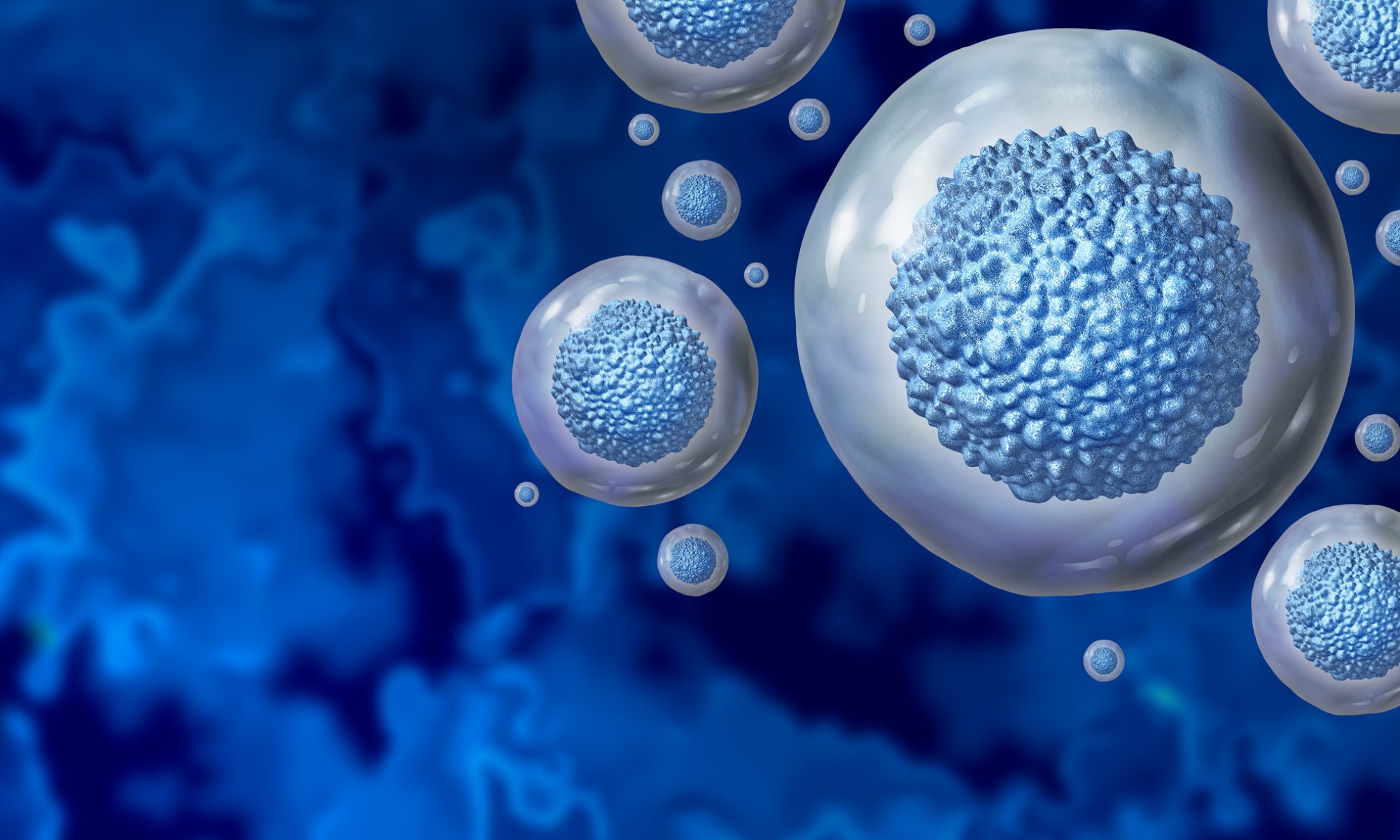Patients surveyed said they felt empowered to play sports, travel, get a job
People with sickle cell disease (SCD) may see their physical, mental, and social health get better after a stem cell transplant, and this may help them pursue their personal life goals, a small study found.
Still, challenges remained as they “confronted a new and unfamiliar reality,” the researchers wrote in the study, “Physical, Mental, and Social Health of Adult Patients with Sickle Cell Disease after Allogeneic Hematopoietic Stem Cell Transplantation: A Mixed-Methods Study,” which was published in Transplantation and Cellular Therapy.
Read the complete article in Sickle Cell Disease News.









